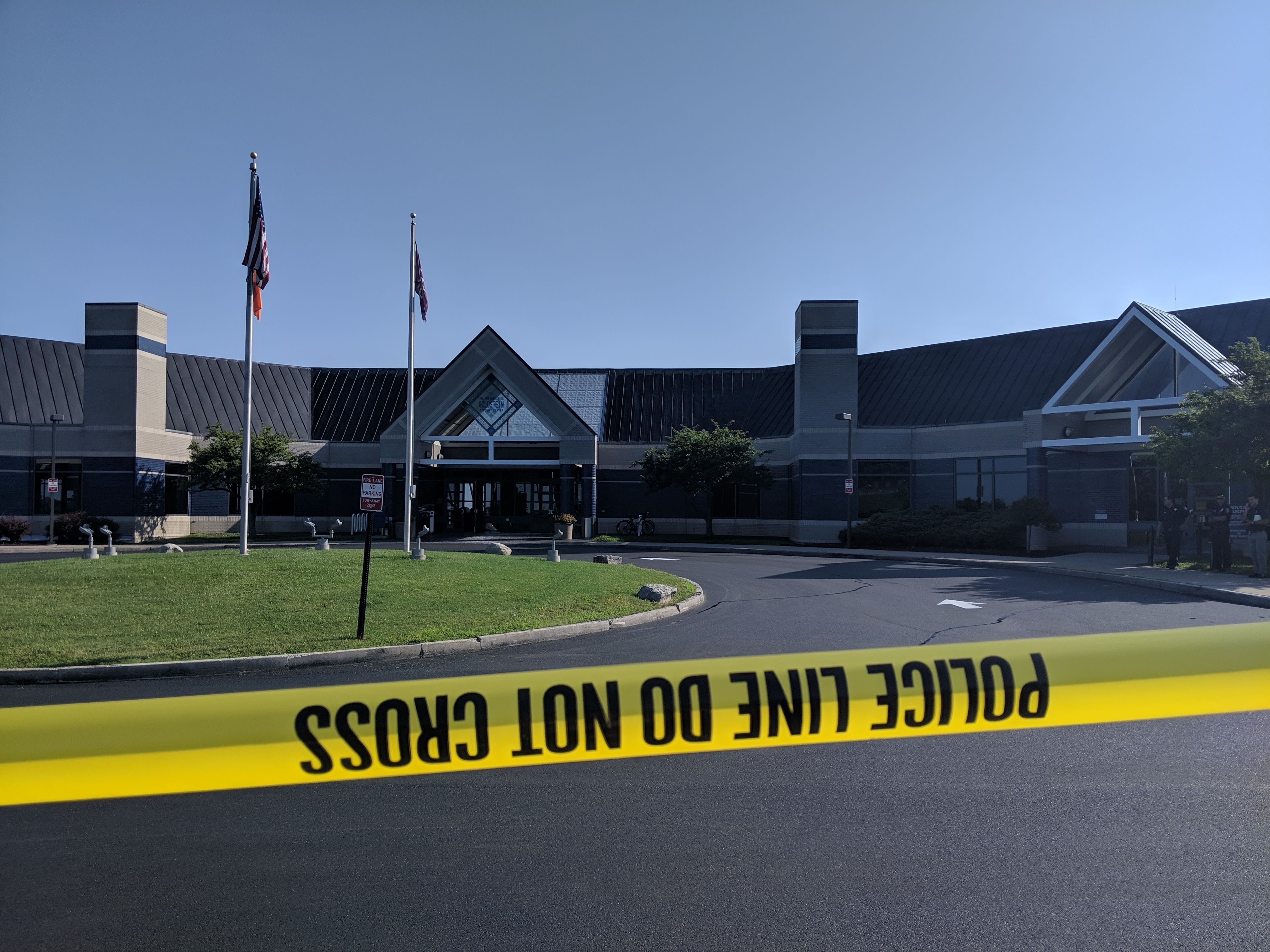What Is Boot Camp?
When you think of grad school, the term “boot camp” is probably not the first thing that comes to mind. That’s because it’s Newhouse’s unique way of accomplishing several things for new grad students: getting everyone up to speed and ready for the rest of the program, setting you on track to finish your master’s in one year and fully immersing you into your new life as a Newhouse graduate student.
As long as your heart is in what you’re doing at Newhouse, there’s no reason to be scared of boot camp. It’s intensive, running for 40 hours per week from the beginning of July through mid-August. Each program has different required courses that are designed to provide a solid background for all students, regardless of their prior educational and professional backgrounds. In my program (Magazine, Newspaper and Online Journalism, or MNO), we received a crash course in reporting basics and journalism ethics, which we would build upon later in the program during the fall semester. The reason: not everyone majored in journalism during undergrad or worked in the journalism industry before. Boot camp is a big reason why Newhouse accepts people from all backgrounds; they’ll teach you what you need to know, and you can bring in additional prior knowledge from your undergraduate studies and professional experiences. For example, my bachelor’s degree is in English and I minored in educational studies, so I combined those interests by reporting on education-related topics. The courses you take in boot camp provide a great opportunity to meld your existing skills with new ones.
To practice reporting, we spent a lot of time out in the field. While we had some lectures on basic concepts, we were expected to put them into practice. Our professors sent us out into the city to interview 10 people at random (which, for many of us, was the first time we dealt with rejection as journalists); we had to pitch, report and write four stories over the course of six weeks; and we attended a session of the Syracuse Community Treatment Court and wrote a feature about it for class. But, in my opinion, the most memorable reporting drill we completed was the “disaster drill.” With no other information, we were told to meet at South Campus a half-hour early on a specific day, instead of our regular Newhouse classroom. There, we quickly realized we had been invited to a mock crime scene, complete with yellow crime scene tape, officers from the Syracuse Police Department and SU’s Department of Public Safety, actors posing as witnesses to a “suspicious package” that was found on the scene and even a robot that SPD sent in to remove the package. We reported on the event just as professional journalists would, and that was, without a doubt, my favorite experience from boot camp.

We also took a graphic design course with members of other programs, which consisted of both a lecture and a lab. In lecture, we learned about different design techniques like typeface and gestalt principles, and in lab, we received intensive training in Adobe InDesign, Photoshop, Illustrator and Dreamweaver. We had regular quizzes where we would have to recreate a poster, menu, or other design that was provided, the most memorable of which was a five-page magazine layout (consisting of a cover, an opening spread and a jump spread). We also designed our own posters and magazine layouts from scratch, made wordmarks of our names (which are like logos, but with text only) and created professional resumes using our wordmarks. Fridays were our big graphic design days; we spent the whole day in the lab, 9 to 5, with a one-hour break for lunch.
Boot camp is certainly a tiring experience, but it comes and goes so quickly. Six weeks is not a long time (it’s less than half as long as a regular SU semester), and you’ll learn so much during that session. You’ll also work very closely with your new classmates and form bonds that will only get stronger as you progress through your program. Boot camp is a rite of passage; once you’ve made it through those intense six weeks, you’ll be very well prepared for the rest of your master’s.